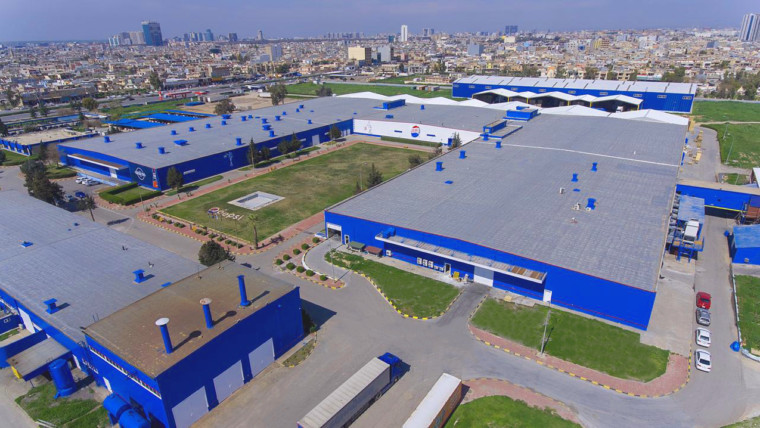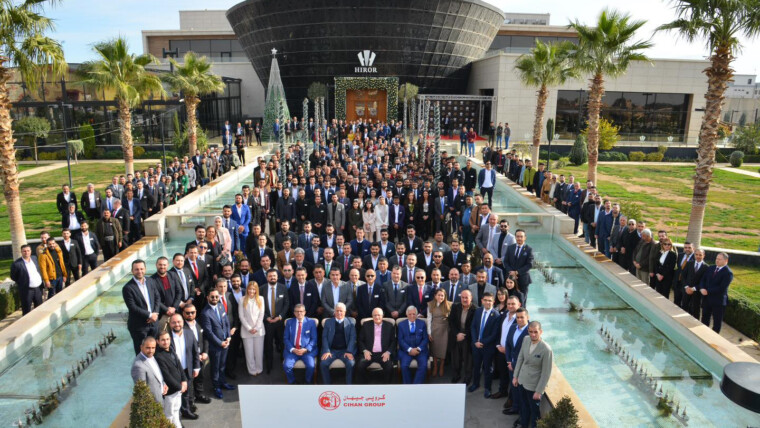By Deloitte Iraq —
Choice of entity and legal business structure
As a general rule, a foreign company that is “carrying on business” in the Kurdistan Region of Iraq (KRI) is required to establish a legal presence in the Region (e.g. company, branch office, etc.). While there is no specific definition as to what constitutes “carrying on business”, typically an obligation would arise when the company obtains premises (including rented premises), retains personnel on a more than temporary basis, or in general, enters into agreements meant to be directly performed in the Region.
Iraq’s Companies Law 21 (of 1997) as amended in 2004, which is adhered to in Kurdistan, provides for several types of legal business structures. Principally these include joint stock companies, limited liability companies, joint liability companies, sole proprietorships, and branch offices.
Below we set out to list some of the more important legal requirements and practical guidelines necessary to set up the two most prevalent legal structures in Kurdistan: Limited Liability Companies and Branches of Foreign Entities.
1. Registering a new Limited Liability Company (LLC)
1.1. Legal requirements
- A corporate name must be reserved at the local Chamber of Commerce.
- An application form must be completed.
- Articles/Memorandum of association must be drafted and signed.
- For each corporate shareholder: a certificate of incorporation; articles of association/charter, last filed financial statements and a power of attorney in favor of a Kurdistan region lawyer is to be signed by the authorized signatory of the corporate shareholder.
- For each individual shareholder: a passport copy and/or other local identifications, and a power of attorney in favor of a Kurdistan region lawyer to be signed by all individual shareholders.
- A copy of the leased premises’ contract in the KRI.
- Evidence of residency of proposed managing director in the KRI.
- A minimum share capital for an LLC of 1 million IQD must be fully paid up prior to completion of the registration process (oil services companies shall have a minimum share capital of 2 billion IQD).
- An LLC must have one managing director and must appoint a statutory accountant and a statutory lawyer. The latter two must be Iraqi nationals while the managing director could be a foreign national.
Iraq’s Companies Law 21 (of 1997) as amended in 2004, which is adhered to in Kurdistan allows for several types of legal business structures. Principally these include joint stock companies, limited liability companies, joint liability companies, sole proprietorships, and branch offices.
1.2. Practical guidelines
- Incorporation time: 15 – 20 business days.
- An LLC can be wholly owned by a foreign citizen or a foreign entity.
- The maximum number of shareholders is 25.
- An LLC may engage in any activity other than banking, financial investments and insurance.
- An LLC is required by law to hold two General Assembly meetings per year.
- An LLC is allowed to own real property even if wholly owned by a foreign citizen or a foreign entity.
- An LLC incorporated in the KRI cannot operate in Federal Iraq.
- An LLC incorporated in the KRI can open a branch in Federal Iraq.
- An LLC is subject to the classification requirements of the Ministry of Planning when such classification is required to enter into a certain contract or tender.
- An LLC can own a motor vehicle but its foreign shareholders cannot own such vehicles in their own names unless they hold a one year residency permit.
- An oil services LLC needs to win a contract with an operating oil company in order to be granted the pre-approval of the Ministry of Natural Resources on its incorporation.
In case the LLC will be partially or wholly owned by a foreign entity, the latter must be incorporated for more than one year.
1.3 Foreign entity as a shareholder
In case the LLC will be partially or wholly owned by a foreign entity, the latter must have been incorporated for more than one year. The documents below are to be provided by the foreign entity. All documents must be translated to Arabic and certified at the Iraqi embassy in the entity’s home country:
- Articles of Association
- Certificate of Incorporation
- Last filed financial statements
- Resolution to own an LLC in the KRI
2. Registering a branch of a foreign company
2.1 Legal requirements
- An application form must be completed.
- Certificate of Incorporation of the Parent Company registering the branch office.
- Articles of Association/Charter of the Parent Company and a Resolution to open a branch in the KRI.
- A Power of Attorney from the branch director and authorized signatory in favor of a Kurdistan Region lawyer to undertake registration procedures.
- A copy of the leased premises’ contract in the KRI.
- Evidence of residency of proposed managing director in the KRI.
- All documents must be translated to Arabic and certified at the Iraqi embassy in the entity’s home country.
- A branch must have one managing director and must appoint a statutory accountant and a statutory lawyer. The latter two must be Iraqi nationals while the managing director could be a foreign national.
Branches of foreign companies registered in the Iraqi Kurdistan Region cannot operate in Federal Iraq.
2.2 Practical guidelines
- Incorporation time: 10-12 business days.
- Branches of foreign companies must keep the same name and ownership structure of the parent company.
- The parent company is financially and legally liable for the branch’s activities.
- Branches of foreign companies cannot own real property.
- The approval of relevant syndicates for the branch registration is more costly than the same approvals required for the incorporation of an LLC.
- Branches of foreign companies can own a motor vehicle.
- Branches of foreign companies are exempt from the classification requirements of the Ministry of Planning.
- Branches of foreign companies registered in the Iraqi Kurdistan region cannot operate in Federal Iraq.
- The parent company needs to have been incorporated for more than a year in order to be allowed to register a branch in the KRI.
- A branch of a foreign oil services company is not required to secure a contract with an operating oil company in order to be granted the Ministry of Natural Resources pre-approval on its registration.
3. Residency permits
- Locally incorporated LLCs and branches of foreign companies have the same rights regarding residency permits.
- The LLC or the branch, is the only required guarantor for the issuance of residency permits for the company’s director, shareholders and employees.
- Individuals entering the Kurdistan region through a visa issued by the Iraqi embassy are not eligible for residency permits.
- The Ministry of Interior issues two types of visas: visit visas and work visas. The latter is the only type of visa enabling the foreign individual to issue a residency permit.
4. Import & Export
- All companies are allowed to issue an import/export license.
- The type of products that needs to be imported must be specified in the license application.
- The ports of entry that will be used by the company need to be specified in the license application.
- Once the license is issued, it must be notified to the relevant ports of entry.
- A ceiling for the value of goods imported throughout the year must be specified in the license. Once the limit is reached, imports are suspended until the ceiling is adjusted accordingly.
Currently, three industrial free zones are under consideration as approved projects by the board of Investments. They are the Duhok, Erbil and Slemani industrial zones.
5. Labor law
- No minimum requirement on the number of local employees in a company is imposed on all types of entities.
- All employment agreements must be either in Arabic or bilingual, with Arabic being the prevalent language.
- No work permits are required for local or foreign employees. Foreign employees can legally perform their duties based only on their residency permit.
- Legal disputes arising out of the employment relationship fall under the jurisdiction of a special labor court.
6. Free zones
Currently, three Industrial free zones are under consideration as approved projects by the Board of Investments. The Duhok industrial zone is already implemented and more investors are sought to submit proposals for industrial projects. The Erbil industrial zone has reached the final setup stage and soon investors will be requested to submit their proposals for prospective projects. The two Sulemani industrial zones offer great potential for investments; one of the zones is currently being developed, and, master developers are being sought for the other one to propose scenarios of developing the area for industrial projects.







